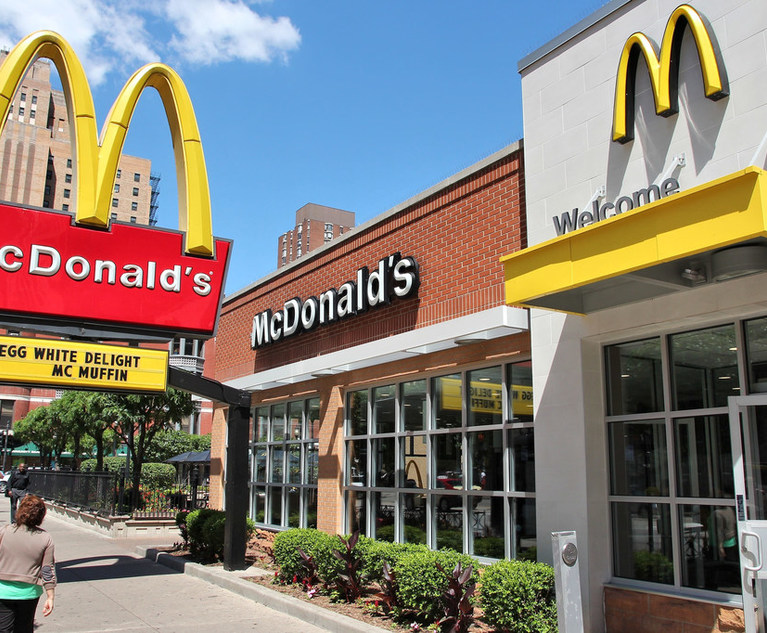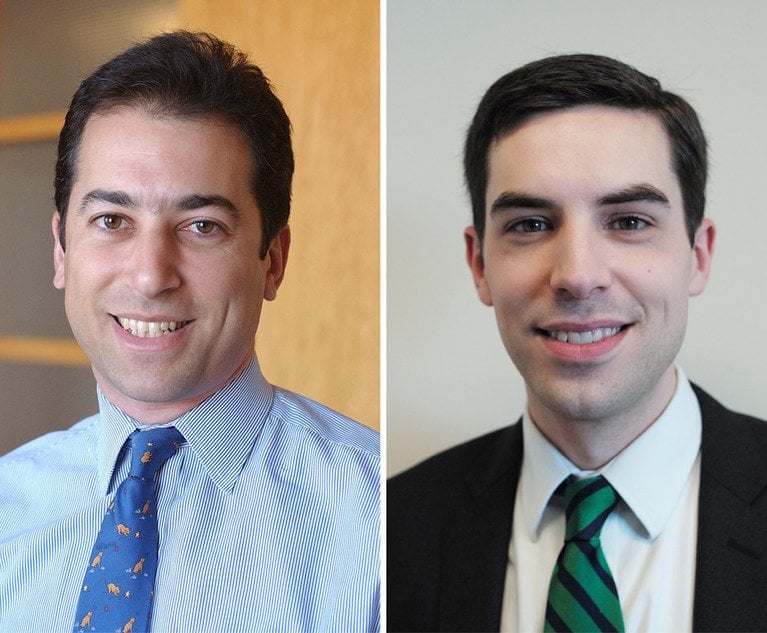From franchising’s infancy through today’s dominance of the business model throughout our economy, McDonald’s has been seen as the gold standard. It has been the leader in innovation, profitable operations, and keeping its dirty laundry out of the press. Indeed, in the first 25 years that I practiced, I talked to a grand total of two McDonald’s franchisees who had issues, and both were rapidly resolved to everyone’s satisfaction. McDonald’s had a laser-like focus on keeping its franchisees, if not completely happy, at least satisfied with their performance. Recently, however, the bloom has finally seemed to fall off the rose.
The genesis of the current issues appears to have happened in approximately 2017, when McDonald’s rolled out its revised remodel plan, known as the “Experience of the Future.” Simultaneously, the company was moving into its new headquarters, which coincided with a significant decrease in the number of senior personnel employed by McDonald’s to support its franchisees. These two moves, along with falling profitability at the time, led to the formation of the National Operators Association (NOA). That effort was led, in significant part, by McDonald’s mega-owner Blake Casper, the third-generation owner of Caspers Company (a Florida-based company that operated 60 McDonald’s restaurants in and around Tampa and Jacksonville.) The pandemic seemed to temporarily slow the de-evolution of the relationship between McDonald’s and its franchisees, in significant part because everyone was making a lot of money. However, negative relations began accelerating again in mid-2021 when a significant dispute over tech fees broke out between McDonald’s and its franchisees. That matter was ultimately resolved when the company backed down from its originally proposed requirements.


 People walk by McDonald’s restaurant in Chicago.
People walk by McDonald’s restaurant in Chicago.




